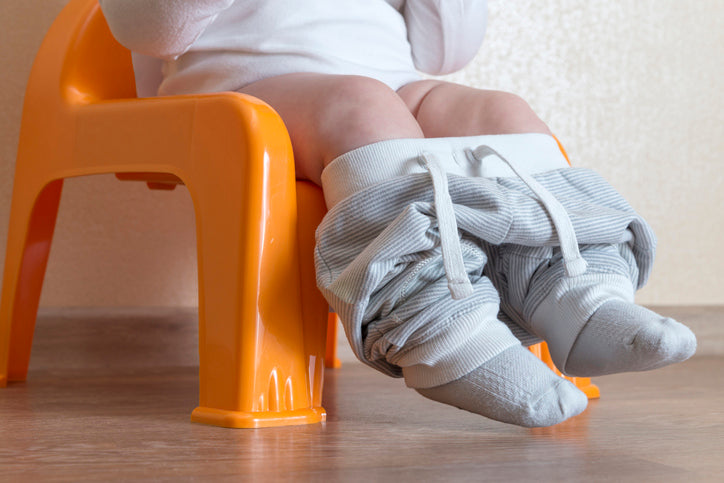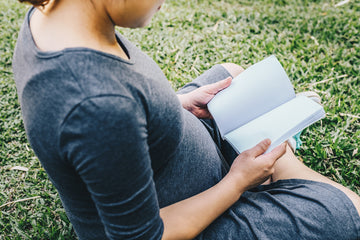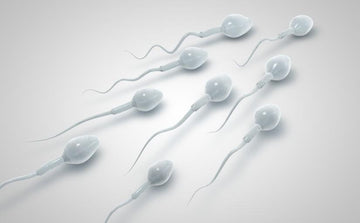Potty Learning Instead of Potty Training?

One of the most frustrating parts of early parenthood can be trying to potty train your toddler. It’s something parents stress over, obsessively google, and fail many times before successfully graduating their baby to underwear. If you are a new parent, or if you have an almost toddler walking around, you may want to start figuring out the best method for you and your baby when it comes time to transition from diapers.

Potty Training Instead of Potty Learning
There are two major approaches to ditching the diapers and both have worked for generations, but one may be much less stressful if you are willing to commit to it.
Potty Learning is a term that means you do not need a reward system or a potty chart or three-day method to get your toddler on the toilet. Instead, potty learning means that you start sitting your baby on a potty seat at a very young age (5-7 months old) before he is even crawling. The idea is that your baby will not fear the toilet and will accept that it is part of the daily routine.
Now, you aren’t expecting a 5-month-old to actually pee on the potty yet, but it may happen every once in a while! You want to set him on the potty seat first thing in the morning, before a nap, after a nap, and before bath and bedtime. It may seem like a lot, and won’t happen if you are out and about, but it only takes two minutes and may save you months of stress, accidents, and pull-ups down the road.
You want to celebrate the potty calmly each time by saying something like, “You did a nice job trying to go potty. Let’s flush and wash our hands!” He will get used to the sounds of a toilet and sink, and it will all help with a smooth transition.
Potty Learning generally results in a child finishing with diapers at a much younger age than those who wait to train. Once your toddler is using the potty regularly, by about 18 - 24 months old, you can start the daytime switch to big kid undies! Yes, there will still be accidents, but not as many as you might expect. Overnight underwear will follow quickly because most young potty-goers will learn fast that they don’t like the feeling of being wet or waking up wet.
Another win for early learning is using cloth diapers instead of disposable. Cloth diapers allow a baby to feel the actual wetness and not just the heaviness of a full diaper. If you watch for cues, your baby as young as 12-15 months will tell you he is wet. By noticing these cues, you will be one step ahead in the potty learning world!
If your baby is already a toddler and you didn’t practice this method, it’s ok! Set out toddler potties throughout an area of the house and strip that diaper off. Many parents swear by spending hours a day outside in the (fenced) backyard with naked toddlers and a potty! It may be challenging, but once you’ve put the underwear on, do not go back to diapers. Stick it out and stay strong!







